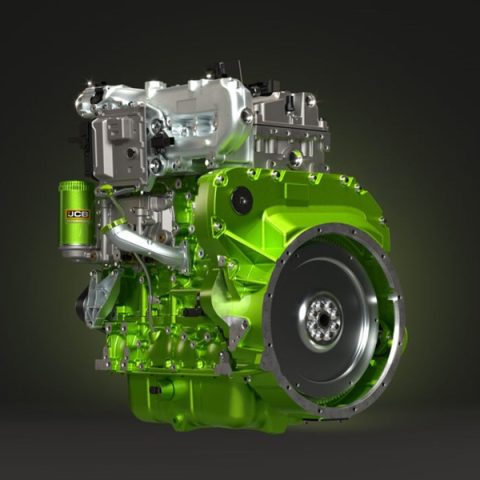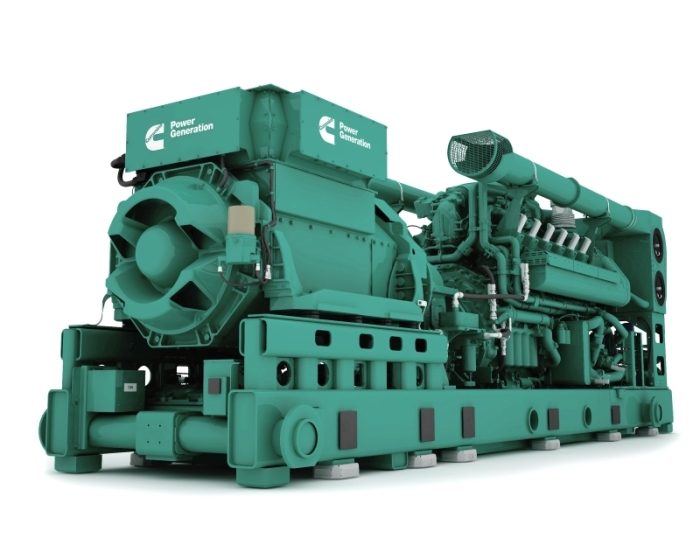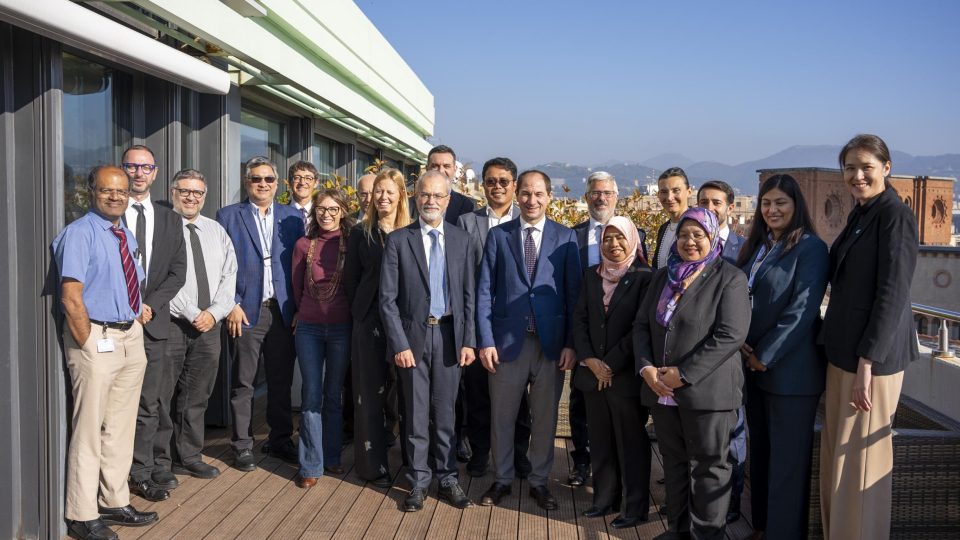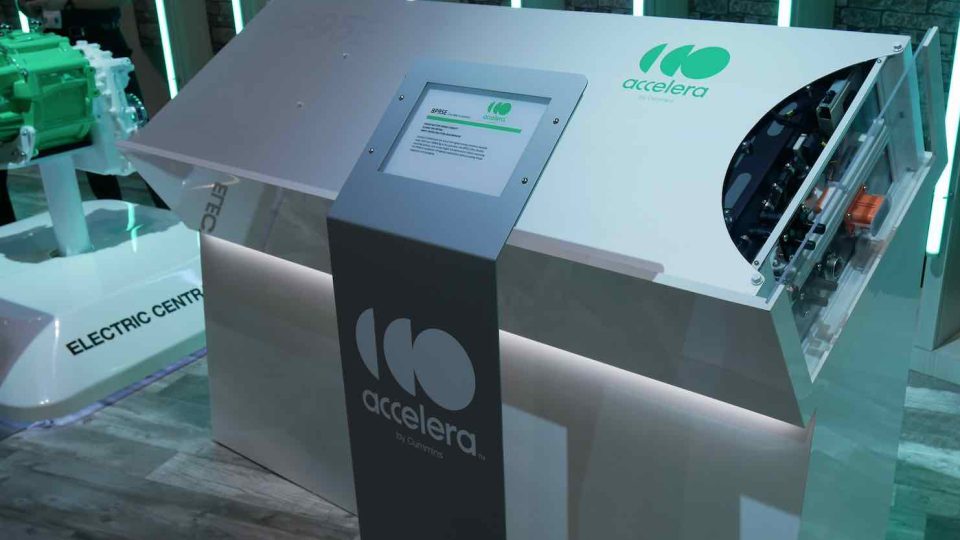JCB receives approval for hydrogen engine use in Europe
JCB is the first construction equipment company to develop a fully working combustion engine fuelled by hydrogen and a team of 150 engineers has been working on the exciting £100 million development for over three years.

JCB has cleared significant hurdles in its development of the world’s first hydrogen combustion engine after securing landmark rulings from licensing authorities allowing it to be used commercially in machines, the company announced a few days ago.
JCB is the first construction equipment company to develop a fully working combustion engine fuelled by hydrogen and a team of 150 engineers has been working on the exciting £100 million development for over three years.
Today JCB confirmed that 11 licensing authorities across Europe have now given permission for JCB’s hydrogen engine to be sold across Europe – with authorities in other countries set to follow suit with certification in 2025.
This is a very significant moment for JCB. To start the New Year with certification in place in so many European countries bodes very well for the future of hydrogen combustion technology.
Lord Bamford, JCB Chairman, said: “JCB has proved in recent years that it is a proper zero emissions solution for construction and agricultural equipment. This formal type approval/certification paves the way for the sale and use of hydrogen engines right across the UK and Europe. I couldn’t have hoped for a better start to the year. Most of all, I am delighted for our team of British engineers who have worked tirelessly to reach this stage.”
JCB confirmed that the Netherlands’ Vehicle Authority RDW was the first licensing authority to issue official certification, giving permission for the engine to sold in The Netherlands. Other licensing bodies across Europe have followed RDW’s lead by issuing the necessary certification, including Great Britain, Northern Ireland, Germany, France, Spain, Belgium, Poland, Finland, Switzerland and Lichtenstein. Licensing authorities in other countries are set to follow with certification during 2025.
JCB has already produced more than 130 evaluation engines which are powering backhoe loaders, Loadall telescopic handlers and generator sets. Real-world testing of JCB’s hydrogen equipment on customers’ sites is now at an advanced stage and progressing well.









